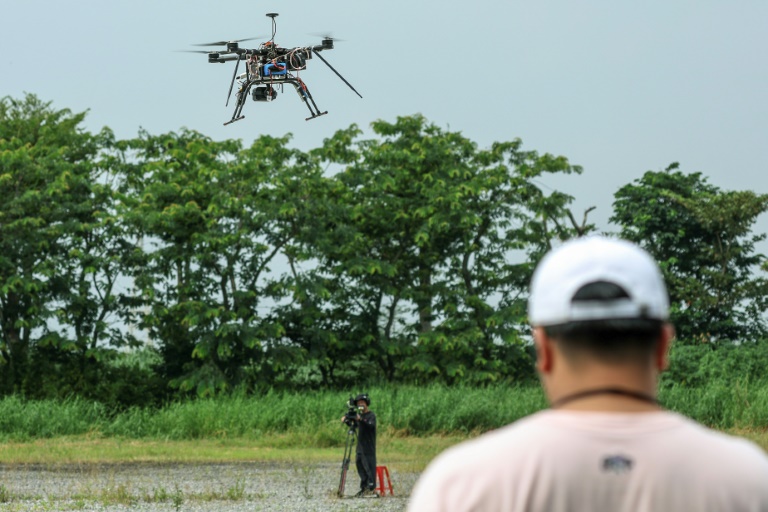Athenahealth provides software and services for medical groups and health systems around the country, and finding efficiencies through the use of artificial intelligence (AI) has long been a part of its DNA, so to speak.
For example, the healthcare technology provider has already been using machine learning to sift through tens of millions of faxes it receives electronically each year so they can be attached to the proper patient record.
But, the company’s use of AI changed dramatically when little more than a year ago OpenAI announced ChatGPT. Athenahealth recognized the generative AI (genAI) platform’s promise of creating new efficiencies, both for clients and its own internal processes.
Earlier this month, Athenahealth unveiled a range of new generative AI-driven capabilities across its product line, including Athenahealth’s cloud-based suite of electronic health records (EHR), revenue cycle management, and patient engagement tools.
One newly deployed genAI capability can summarize the labels on patient healthcare documents intelligently so providers can more easily find the information most relevant at the point of care. Another feature will identify missing or incorrect information before a prior authorization for care is submitted to maximize the chance the authorization will be approved.
Heather Lane, Athenahealth’s senior architect of data science and platform engineering, has technical oversight of the company’s AI strategy and oversaw not only genAI product deployments but the creation of a team that continues to explore new ways of using the tech.
Athenahealth
Heather Lane, Athenahealth’s senior arcitect of data science and platform engineering.
Lane spoke with Computerworld about how genAI such as ChatGPT through Microsoft’s Azure platform has been deployed and what the organization hopes to gain in coming years. The following are excerpts from that interview:
Is generative AI as promising as many claim? “I think the discussion in the industry is between the people who believe it’s an ‘iPhone moment’ and the people who believe it’s hype. I think it remains to be seen who’s right. Personally, I’m betting on an iPhone moment.”
How did you create an AI team to address the rollout of the technology and who did that consist of? “We have a data science team and we’re gradually, broadly calling it the AI team. We’re not the only ones at Athena who do AI, but we are the majority team that does machine learning and artificial intelligence. The team has been around about a year and a half now.”
What sort of things did your team do to learn AI skills? Did you educate employees on AI internally or hire talent to address an AI skills shortage? “We have mostly taught. The effort to level-up in generative AI goes well beyond just the AI team. We took on a significant internal education activity this year. We called it a codefest, the next step up from a hackathon. And we framed it around ……
2023-12-23 07:00:04
Article from www.computerworld.com rnrn

















